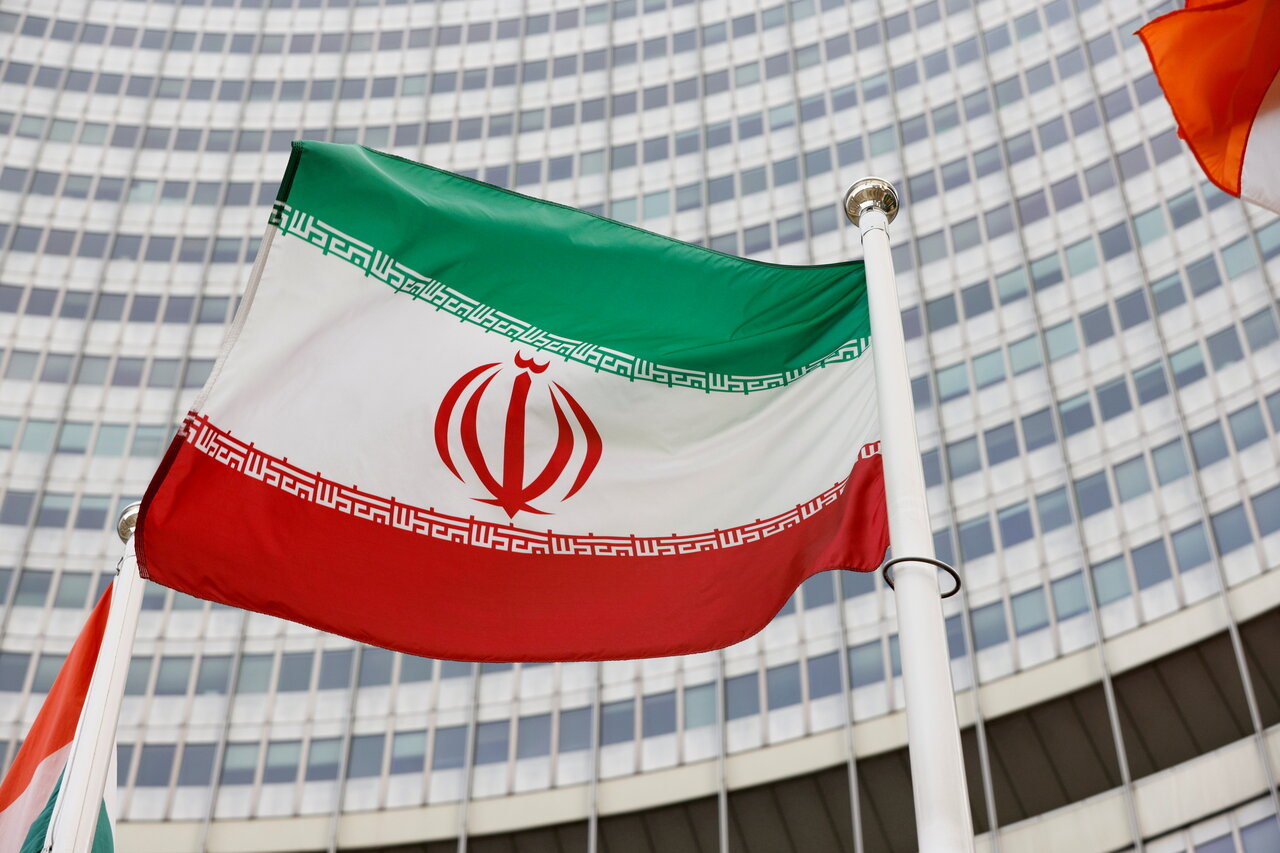U.S., Iran hold indirect talks in Oman: Axios

TEHRAN - There has been a scoop that Iranian and American officials held indirect talks in Oman in a bid to halt Iran’s nuclear program in return for releasing some of Iran’s frozen assets, three sources briefed on the issue told Axios.
The U.S. and Iranian officials held indirect talks in Oman last month with Omani officials shuttling between their separate rooms to deliver messages, Axios said in its report published on Friday.
Political analysts believe that such a scenario is launched to pin the blame on Iran in order to seek more concessions.
In the other word, U.S. officials have done their best to shape the public opinion that it is Iran and not the United State or its European allies still party to the 2015 nuclear deal that prevent a revival of the multilateral agreement. To put it more bluntly, it sounds weird that they want to put this bitter fact into oblivion that it was the U.S. that reneged on the internationally-agreed accord and is solely responsible for all the consequences.
Due to Israeli machinations, the White House is trembling to find an appropriate solution for the long-running dispute.
Iran has invariably underscored on the peaceful nature of its nuclear program and left all doors open for IAEA investigation but there are some misgivings that the U.S. and Israeli regime are scouting around to worsen the situation.
Based on the report published by Axios, White House Middle East coordinator Brett McGurk secretly flew to Oman on May 8 to meet with Omani authorities about potential diplomatic outreach to Iran on its nuclear program.
A delegation from Iran also arrived in Oman at the same time, according to the three people who were informed on the situation. One of the reports said that Ali Bagheri Kan, Iran’s chief nuclear negotiator, was a member of the team.
The sources said that there was no meeting between McGurk and the Iranian officials. Omani authorities were standing between the two sides, passing messages as they were in different places.
The sources claim that deterrence was one of the U.S.’s key topics.
The sources said that the U.S. made it plain that Iran will pay a high price if it continues with uranium enrichment at the level required to make a nuclear bomb, which is 90%.
Additionally, Axios purportedly said that the Biden administration and Iran engaged in an indirect message-exchange with the intention of “understanding” how to de-escalate the Iranian nuclear program, Iran’s regional actions, and its alleged involvement in the war in Ukraine.
Such a consensus and de-escalation in the region may subsequently serve as the foundation for negotiations on a new nuclear accord between the parties. Whether the parties are on the verge of coming to such an arrangement is still up in the air.
As previously revealed by Axios, the Biden administration in April explored a potential plan for an interim agreement with Iran that would entail partial sanctions relief in exchange for Tehran suspending certain aspects of its nuclear program.
The Biden administration’s stance on Iran, according to a representative for the White House National Security Council, has not altered.
To rule out the possibility of a bilateral deal in the near future, Iranian MP Mojtaba Tavangar has verified media reports of covert Iran-U.S. negotiations in New York.
“To have Iran’s frozen assets unblocked, the U.S. seeks to get nuclear concessions from Iran, and this runs counter to the law and national interests of Iran,” Tavangar tweeted.
Amir Saeed Iravani, Iran’s ambassador to the UN, and Robert Malley, the U.S. special envoy on Iran, have had multiple meetings in person, according to a report from the Middle East Eye.
Quoting “two sources with direct knowledge of the talks”, the Middle East Eye said, “Iran and the United States are nearing a temporary deal that would swap some sanctions relief for reducing Iranian uranium enrichment activities.”
The Iranian MP also said, “Despite the negotiations in New York, due to the U.S. obstructionism, no agreement is possible in the foreseeable future.”
The Middle East Eye said, “Under the terms of the deal, Iran would commit to ceasing its 60 percent-and-beyond uranium enrichment activities and would continue its cooperation with the International Atomic Energy Agency (IAEA) for the monitoring and verification of its nuclear program.”
Tavangar added that the U.S. is still attempting to “drag Iran into official direct talks.”
He maintained that the U.S. efforts to get nuclear concessions from Iran are “illegal” and contrary to Iran’s “national interests”.
Leave a Comment